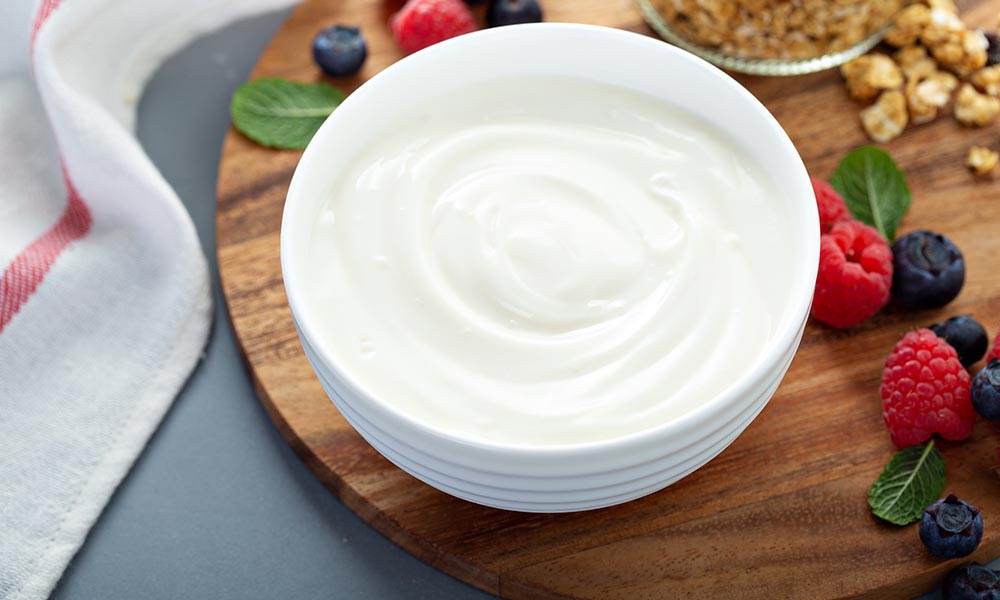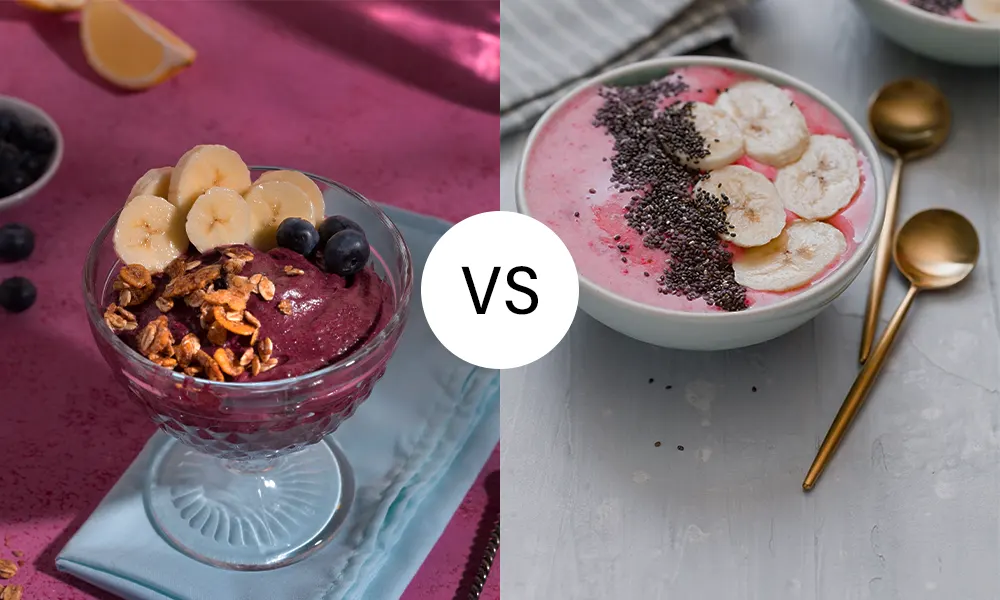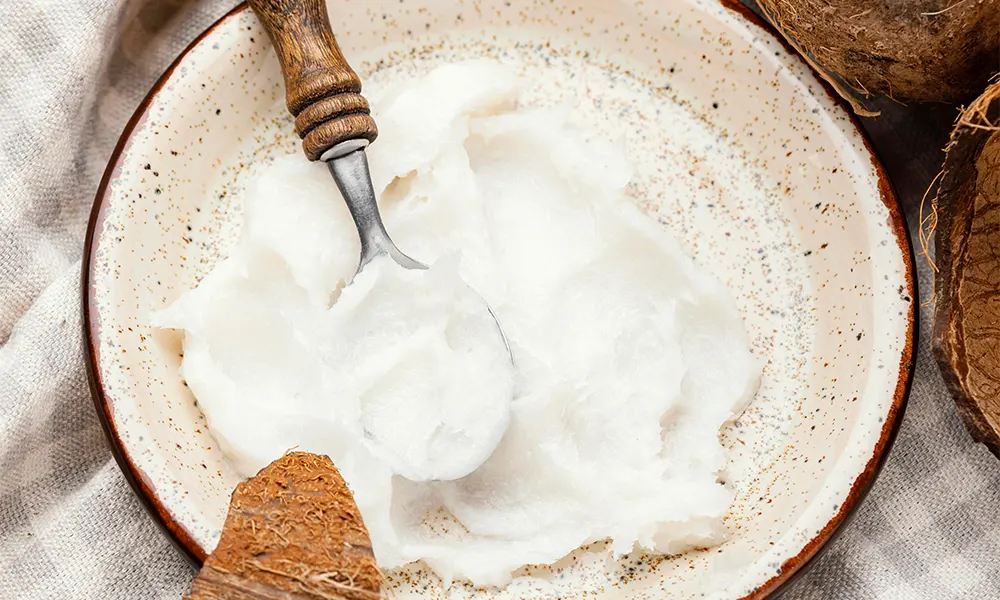G’day, sports lovers! Ever finished a killer workout, feeling absolutely wiped, and wondered what the best thing to refuel with is? You’re not alone. Many of us grapple with finding the right post-workout snack, one that’s both delicious and effective at helping our bodies recover. So, how much protein is in yoghurt, and is it really the perfect post-workout snack? That’s what we’re diving into today.
The Protein Puzzle: How Much Is Enough?
Let’s be honest, figuring out the right amount of protein after a workout can feel like solving a puzzle. You want enough to rebuild those muscles, but not so much that you’re overloading your system. This is where yoghurt steps into the spotlight. But first, let’s tackle the burning question: how much protein is in yoghurt?
How Much Protein in Yoghurt? A Deep Dive
The amount of protein in yoghurt varies wildly depending on the type. Plain, full-fat Greek yoghurt is generally your champion when it comes to protein content. A typical 150g serve can boast anywhere from 10-15 grams of protein. That’s a decent chunk! However, this amount changes drastically based on the brand and fat content. Low-fat or skim varieties will often have slightly less protein.
Greek Yoghurt: Often hailed as the protein king, Greek yoghurt undergoes a straining process that results in a thicker, creamier texture and a higher protein concentration. How much protein is in yoghurt? Greek varieties typically provide the highest levels.
Regular Yoghurt: Regular yoghurts still offer a good source of protein, though typically less than their Greek counterparts. Again, the fat content plays a role.
Flavoured Yoghurt: Be warned! Many flavoured yoghurts contain added sugars and may have a lower protein concentration than plain varieties. Always check the nutritional label.
To be clear, how much protein is in yoghurt is a question of what you’re picking from the shop shelves.
Beyond Protein: Why Yoghurt Rocks Post-Workout
Right, so we’ve covered how much protein is in yoghurt. But protein isn’t the only reason yoghurt is a fantastic post-workout choice. It’s packed with other nutrients that aid recovery:
Calcium: Crucial for strong bones and muscle function.
Potassium: Helps replenish electrolytes lost through sweat.
Probiotics: These beneficial bacteria contribute to gut health, which is closely linked to overall well-being and recovery.
Making Yoghurt Your Post-Workout Pal
So, how can you make yoghurt a regular part of your post-workout routine? It’s surprisingly versatile!
Plain and Simple: Enjoy a plain yoghurt cup straight up.
Fruity Fusion: Mix in some fresh or frozen strawberries for a delicious and naturally sweet treat.
Smoothie Superstar: Blend yoghurt into your favourite smoothie for a protein and nutrient boost.
Savoury Sensations: Don’t be afraid to get creative! Yoghurt can be a great base for savoury dishes, too.
Final Verdict
Look, finding the right post-workout snack is all about listening to your body. However, considering how much protein is in yoghurt, and the bonus nutrients it brings to the table, it’s certainly a strong contender. It’s a tasty, convenient, and affordable way to fuel your muscles and support recovery. So, next time you’re searching for that perfect post-workout treat, reach for the yoghurt – your body will thank you!
Ready to power up your recovery with yoghurt? Get in touch with Yo Hayo for more information on nutrition and post-workout snacks, contact us today!
FAQs
-
What type of yoghurt has the most protein?
Greek yoghurt typically has the highest protein content, especially the full-fat varieties. The straining process used to make Greek yoghurt results in a thicker texture and higher concentration of protein. A 150g serving can contain anywhere from 10-15g of protein, making it a top choice for post-workout recovery. However, if you prefer regular yoghurt, look for brands that are higher in protein and check for any added sugars, which can lower the overall nutritional value.
-
How much protein is in yoghurt?
The protein content in yoghurt varies by type. Greek yoghurt is the highest in protein, typically offering 10-15g per 150g serving. Regular yoghurts contain less protein, often ranging from 5-8g per the same serving size. Flavoured yoghurts may contain less protein due to added sugars and artificial flavourings. If you’re aiming for a protein boost, opt for plain Greek yoghurt or consider adding a scoop of protein powder for even more benefits.
-
Can I add protein powder to my yoghurt?
Yes, adding protein powder to your yoghurt is a great way to increase the protein content, especially if you’re looking to fuel muscle recovery post-workout. Mixing in a scoop of protein powder can elevate the protein intake to as high as 25g or more, depending on the type of powder used. Just be mindful of the added sugars or artificial sweeteners in some protein powders and choose one that complements the taste and texture of your yoghurt.
-
Is yoghurt better than protein shakes?
Yoghurt and protein shakes serve different purposes. Yoghurt offers a more balanced nutrient profile, providing protein along with other essential nutrients like calcium, potassium, and probiotics. Protein shakes are more concentrated in protein and can be a quicker, more convenient option, especially when you’re on the go. However, yoghurt is a better option if you want a more wholesome, filling snack that supports overall health, including gut health.
-
How does yoghurt help with muscle recovery?
Yoghurt aids muscle recovery due to its high-quality protein content, which is essential for repairing and rebuilding muscle tissue after a workout. It also provides calcium for bone health, potassium for electrolyte replenishment, and probiotics that support gut health, which is crucial for overall wellness. Eating yoghurt within an hour or two after your workout ensures that your body receives the necessary nutrients to start the recovery process and reduce muscle soreness.





